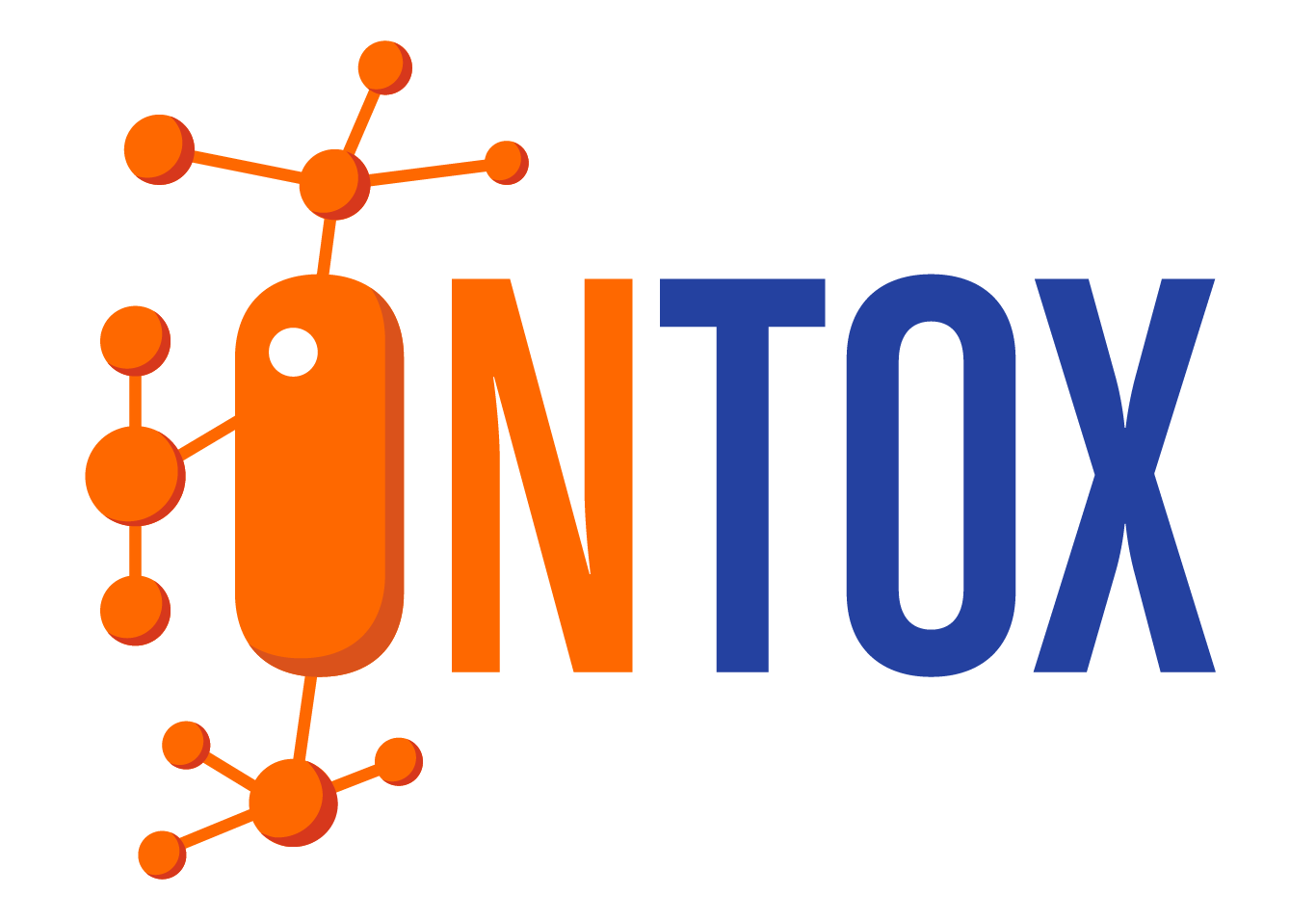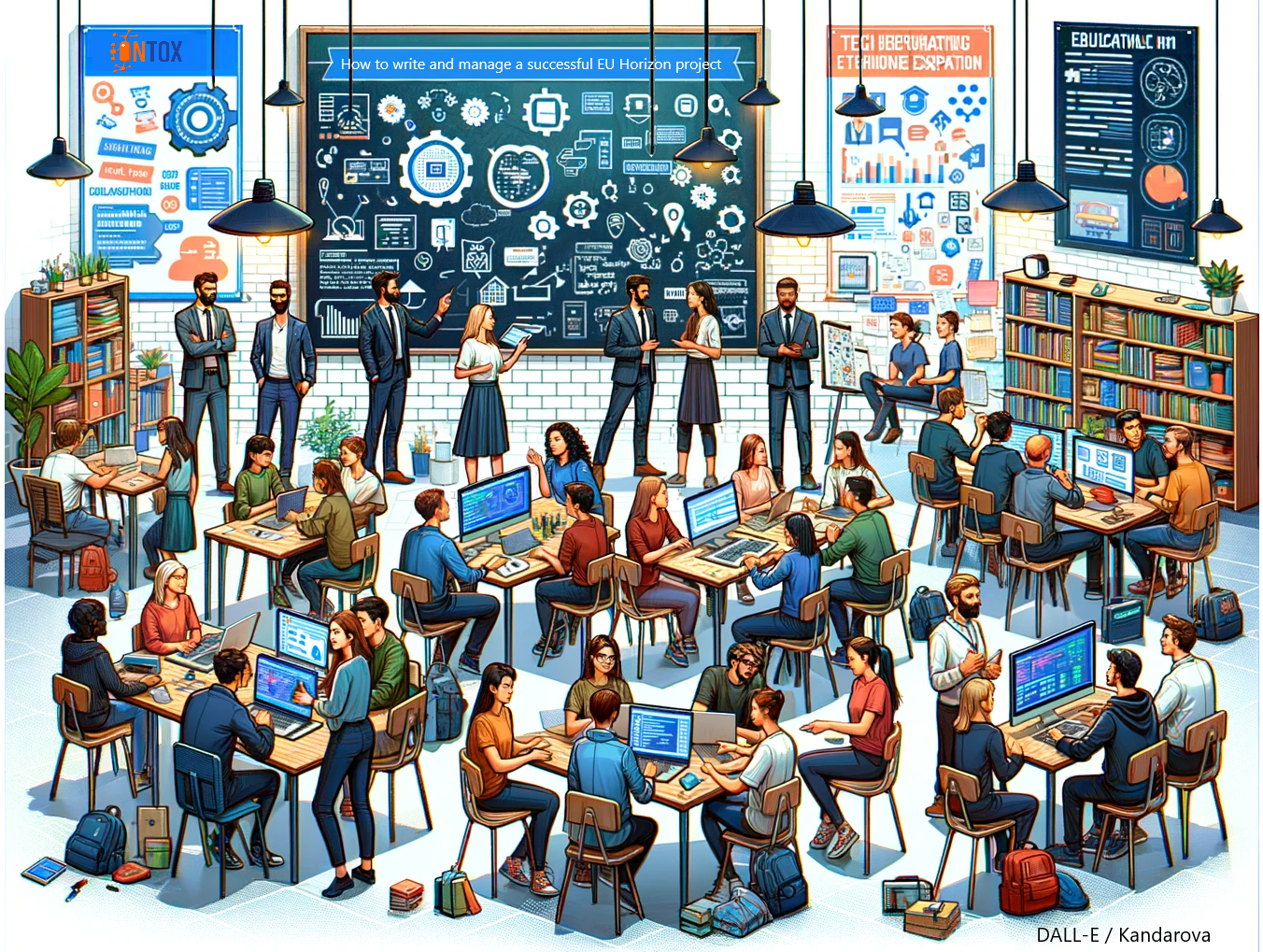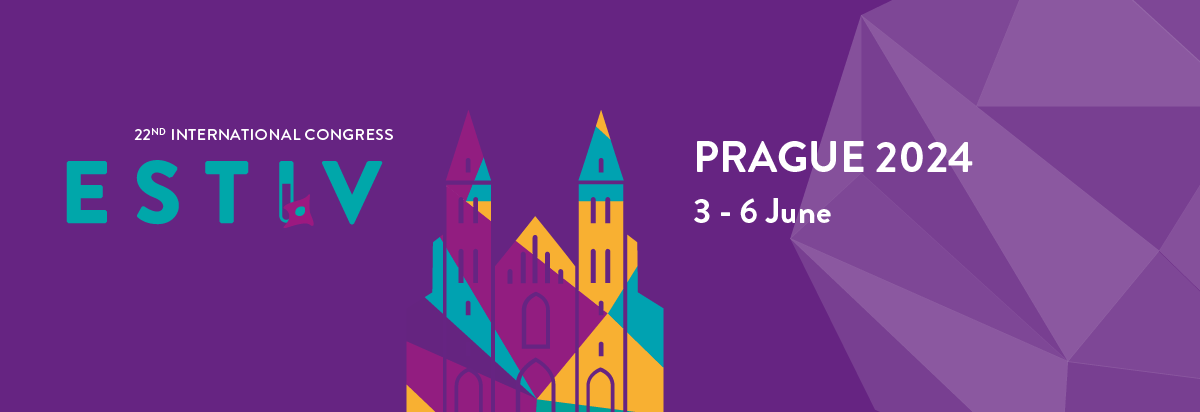

How to write and manage a successful EU Horizon proposal: From initial idea to execution
Are you eager to secure funding for your research projects through the EU Horizon program? Join our pre-congress workshop, “How to write and manage a successful EU Horizon proposal,” and embark on a journey from conceptualizing your project idea to its successful execution.
In this interactive session, participants will gain valuable insights into the intricate process of crafting a compelling Horizon proposal that stands out among the competition. Our expert facilitators will guide you through each phase, from identifying funding opportunities and structuring your proposal, to navigating the complexities of budgeting and managing your project once it’s funded.
Key Workshop Highlights:
- Idea Generation: Learn strategies to generate innovative and impactful research ideas aligned with Horizon program priorities.
- Proposal Development: Master the art of crafting a persuasive proposal that captures reviewers’ attention and showcases your project’s potential.
- Budgeting and Financial Management: Understand the financial aspects of your proposal, ensuring that your project is both feasible and sustainable.
- Execution and Project Management: Explore best practices for managing your funded project, from setting milestones to overcoming challenges.
- Early career scientists and their professional development: Think about the opportunities that Horizon programs offer to ECS career development.
- Importance of Effective and Impactful Communication and Dissemination: Learn about effective internal and external communication that ensures that the project’s results, findings, and innovations reach the widest possible audience, maximizing their impact and relevance..

By the end of this workshop, you’ll have the knowledge and tools needed to navigate the EU Horizon proposal process confidently. Join us and take the first step toward turning your research ambitions into funded reality.
Don’t miss this opportunity to gain a competitive edge in the world of EU Horizon funding. Reserve your spot today and unlock the potential to transform your research into impactful solutions.
AGENDA – June 3rd, 2023
| 09:00-09:05 | Introduction – Helena Kandarova |
| 09:05-09:35 | How to write a successful EU Horizon proposal: From idea to submission – Mathieu Vinken |
| 09:35-10:05 | How to put the cogs and wheels into action: project management work – Julia Dominika Zajac |
| 10:05 -10:35 | Financial and legal aspects of the Horizon Project – Julia Dominika Zajac |
| 10:35-11:00 | Coffee break |
| 11:00-11:30 | Importance of Communication and Dissemination in Horizont Projects – Helena Kandarova |
| 11:30-12:00 | Roles and needs of early career scientists in the Horizon projects – Eliska Kuchovska and Luiz Ladeira |
| 12:00 -12:30 | Round table |
The session is organised by the ONTOX Project: https://ontox-project.eu/

Organising committee:
Annamaria Carusi is Director of Interchange Research, a consultancy that aims to bring understanding of social aspects of science to bear on the formation and management of scientific practices. In this role, she has worked extensively on facilitating and supporting transdisciplinarity across the various sciences of toxicity and toxicology and policy formation and decision-making. She is author of the BeAMS (Bridging Across Methods in the BioSciences) Science for Policy Report, commissioned by the European Commission Joint Research Centre. She is also Honorary Research Associate of the Department of Science and Technology Studies at University College London. A philosopher of science and technology by background, her prior academic work combined philosophical and qualitative empirical approaches to investigate the role of technologies in the biosciences and in medical sciences. Her research has encompassed studies of visualisation and images, the construction of computational models, and artificial intelligence.
Clemens Wittwehr is the competence group leader for knowledge sharing in the Chemical Safety and Alternative Methods Unit of the European Commission’s Joint Research Centre (JRC). Knowing that scientific knowledge is only as useful as it is actually known to its target audience, Clemens explores innovative ways to increase relevant stakeholders’ awareness of the facts and information they need to increase the uptake of non-animal approaches in regulatory and biomedical domains. This includes managing the further development of the environment managing Adverse Outcome Pathway knowledge. In this context, Clemens also instigated the CIAO project – which stands for “Modelling the Pathogenesis of COVID-19 using the AOP Framework”. CIAO aims at channelling the COVID-19 information tsunami into a useful knowledge flow. Earlier in his JRC career, Clemens was manager of the IUCLID project, which delivered the standard software now used by chemical industry to submit their registration dossiers under REACH, the EU chemicals legislation.
Valerie Monti Holland is a sociodramatist and social entrepreneur who facilitates, coaches, mentors and trains nearly everywhere from boardrooms to the European Commission, in prisons and countless conference suites resulting in films, papers, presentations and workshops globally. Valerie is a grateful director of the Flower 125 Health CIC (Community Interest Company). When she is not designing ways for groups to engage, you can find her at least ankle deep in mud on a hike or cycle ride across the moors before collapsing on a yoga mat to integrate body and soul. She is the very proud mother of a son and daughter. You can reach her at val@leftluggagetraining.co.uk.
Sofia Batista Leite is a Scientific Project Officer working at Chemical Safety and Alternative Methods Unit at the European Commission Joint Research Centre (EC-ERC) that hosts the EURL ECVAM. The majority of her time she is investigating strategies to better share knowledge on non-animals models and methods bridging the scientific with the social-behavior knowledge. Her work focus on knowledge sharing and trust building in in vitro methods and models with special interest on Organ-on-chip. Before joining JRC she was working with 3D liver cultures, bioreactors and organ-on-chip. She is currently part of the European Society of Toxicology in Vitro (ESTIV) board
.
